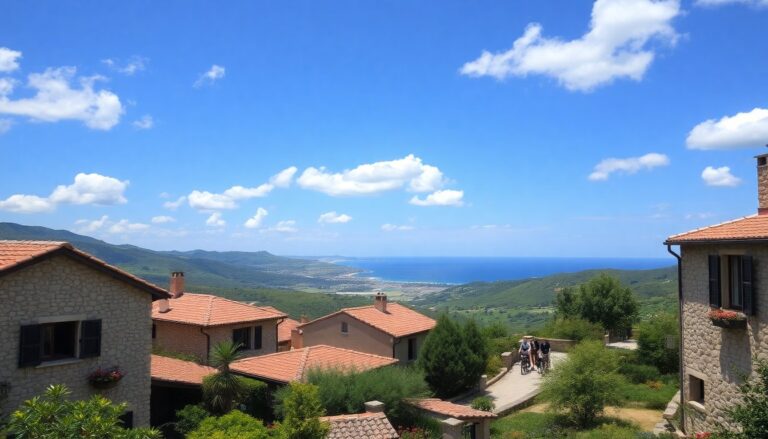In recent years, the second home real estate market in Italy has experienced significant growth. This surge is driven by factors such as a booming tourism sector and an increasing interest in properties as investment opportunities. Many individuals are not only purchasing these residences for personal enjoyment but also
seeking to capitalize on rental opportunities during peak seasons. This article examines key elements of this dynamic market, including motivations and legal requirements for purchasing a second home.
The motivations for investing in second homes are varied. A considerable number of Italians aspire to own a personal retreat in popular tourist destinations for creating lasting memories with friends and family. Additionally, the prospect of a secure investment is appealing, as many view second homes
as long-term assets that can appreciate in value over time. Moreover, the rise in work mobility has led to increased demand for temporary housing across various cities.
Types of second homes available in Italy
When considering a second home, it is essential to recognize the variety of property types available. Coastal residences and mountain lodges are among the most sought-after options, yet urban apartments and rural properties
also attract interest. The choice largely depends on personal preferences and investment goals. Furthermore, the popularity of platforms like Airbnb has simplified the process for homeowners to rent their properties for short-term stays, enhancing the appeal of these investments.
Factors influencing property selection
Potential buyers often evaluate several factors before making a decision. Location is crucial; properties in scenic coastal areas or charming mountain villages typically command higher rental prices compared to those in less desirable locales. Buyers may also consider the proximity to essential amenities, local culture, and recreational opportunities. These elements significantly contribute to the overall value and attractiveness of the second home.
Navigating legal considerations in property purchase
Purchasing a second home entails various legal and bureaucratic processes that must be diligently followed. Understanding local regulations is vital, as different regions in Italy may impose unique restrictions on real estate transactions. Before committing to a purchase, conducting thorough due diligence is essential to uncover any potential issues, such as existing liens or irregularities in property documentation.
Steps for securing a property
Once a buyer decides to proceed, drafting a purchase agreement is the next step. This document should include critical details regarding the property, the agreed-upon price, and payment methods. To ensure the legality of the transaction, the presence of a notary is mandatory, who will oversee the signing and guarantee proper registration of the deed with the land registry.
For many, financing the acquisition of a second home is typically achieved through a mortgage. It is crucial to have a clear understanding of one’s financial situation and repayment capabilities before applying for a loan. Various banks offer different mortgage options, making it essential to compare these offers to find a suitable solution for individual needs.
Tax incentives and financial considerations
In Italy, certain tax benefits are available for those purchasing second homes, which can vary by region and property type. For instance, in some areas, tax refunds for renovation work may be offered, making the investment more feasible. Consulting with a real estate professional can provide valuable insights into current incentives and assist in navigating the complex landscape of property taxes and regulations.
The market for second homes in Italy is not only expanding but also filled with opportunities and challenges. Understanding buyer motivations, legal frameworks, and financing options is crucial for anyone looking to explore this avenue. With adequate preparation and knowledge, investors can embark on a rewarding journey into the realm of second home ownership.

